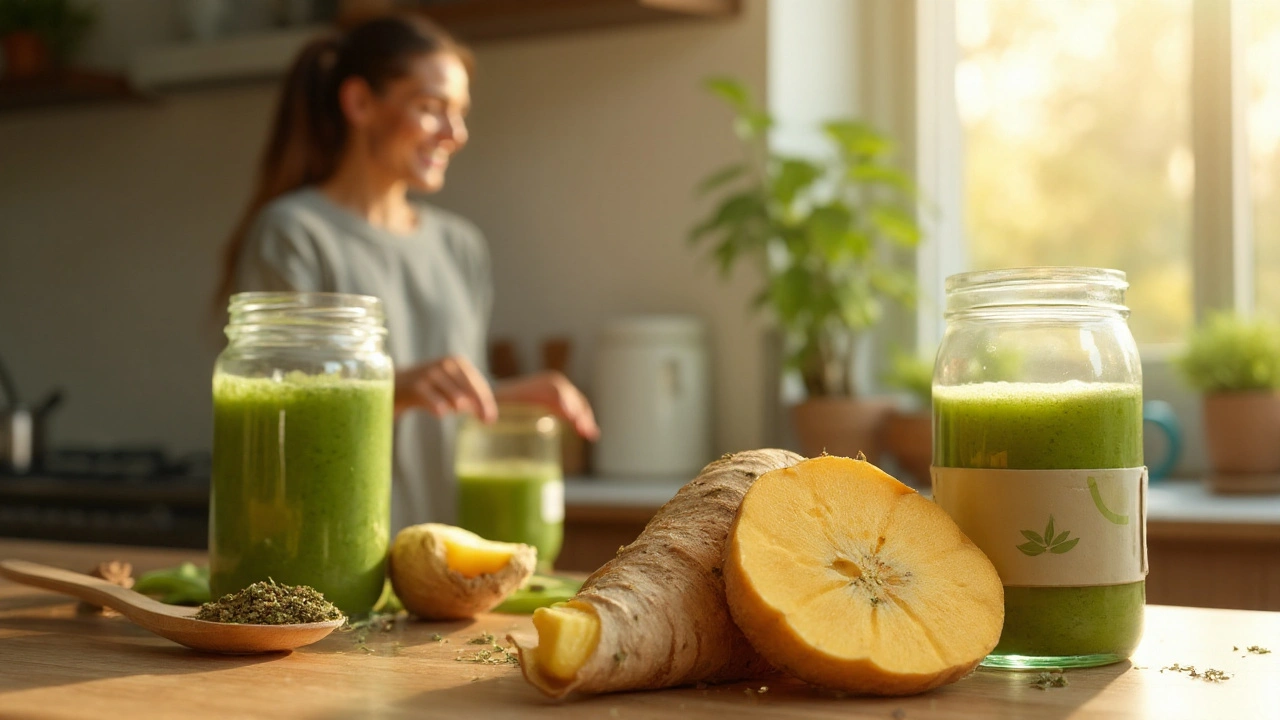Anti‑Inflammatory Tips & Treatments You Can Use Today
Inflammation is the body’s alarm system. A little swelling helps you heal, but when it sticks around it can turn into pain, stiffness, and even chronic disease. If you’re tired of joint aches, sore muscles, or that annoying gut upset, you’re in the right spot. Below you’ll find straight‑forward advice on prescription drugs, over‑the‑counter options, and everyday habits that calm the fire without a lot of hassle.
Prescription Options: What Works and When
Doctors usually start with non‑steroidal anti‑inflammatory drugs (NSAIDs) like ibuprofen or naproxen. They block the chemicals that cause pain and swelling, and they’re cheap enough to keep at home for a sudden flare‑up. Watch the label for dosage limits and avoid them if you have stomach ulcers or kidney issues.
When inflammation is more severe—think rheumatoid arthritis flare or after major surgery—steroids such as methylprednisolone (brand name Medrol) step in. Our Medrol Guide explains how the drug works, proper dosing, and the side‑effects to expect. Steroids are powerful, so they’re only used short‑term or under close doctor supervision.
Other prescription choices include disease‑modifying drugs that target the immune system, like methotrexate for arthritis, or biologics for severe skin conditions. These require blood tests and regular check‑ins, but they can shut down chronic inflammation for good.
Natural & Lifestyle Strategies
Food can be a silent anti‑inflammatory weapon. Turmeric, ginger, and cacao are packed with compounds that dial down the fire. Adding a dash of turmeric to your morning smoothie or sipping green tea—a habit highlighted in our Green Tea and Lung Inflammation article—can give your lungs and joints a gentle boost.
Weight matters, too. Extra pounds press on joints and release inflammatory hormones. Even a modest 5‑percent loss can lower pain scores and improve mobility. Pair a balanced diet with regular movement—walking, swimming, or light strength work—and you’ll notice a reduction in stiffness within weeks.
Sleep isn’t optional. Poor rest spikes cortisol, a hormone that fuels inflammation. Aim for seven to nine hours of quality sleep, keep the bedroom dark, and limit screens before bed.
Stress management rounds out the plan. Chronic stress keeps the immune system on edge. Simple breathing exercises, short meditation sessions, or a hobby you love can lower the inflammatory response.
Here’s a quick daily checklist to keep inflammation in check:
- Take an NSAID only when needed, follow the label.
- If prescribed a steroid, stick to the doctor’s schedule and report any unusual symptoms.
- Eat at least one anti‑inflammatory food (turmeric, ginger, berries) each day.
- Move for 30 minutes—walk, stretch, or do light resistance training.
- Prioritize sleep: dark room, no screens, consistent bedtime.
- Spend 5‑10 minutes on a stress‑relief activity (deep breaths, music, journaling).
Combine these steps with any medication your doctor recommends, and you’ll give your body the best chance to calm down naturally. If you’re unsure which route fits you, start a conversation with your pharmacist—you’ll get personalized guidance without the guesswork.
Remember, inflammation isn’t an inevitable part of aging. With the right mix of meds, food, movement, and rest, you can live with far less pain and more freedom.
Sep
22

- by Gareth Harington
- 16 Comments
Pleurisy Root Supplement: Boost Immunity & Respiratory Health
Discover how pleurisy root, a powerful anti‑inflammatory herb, can transform your immune and respiratory wellbeing as a daily dietary supplement.